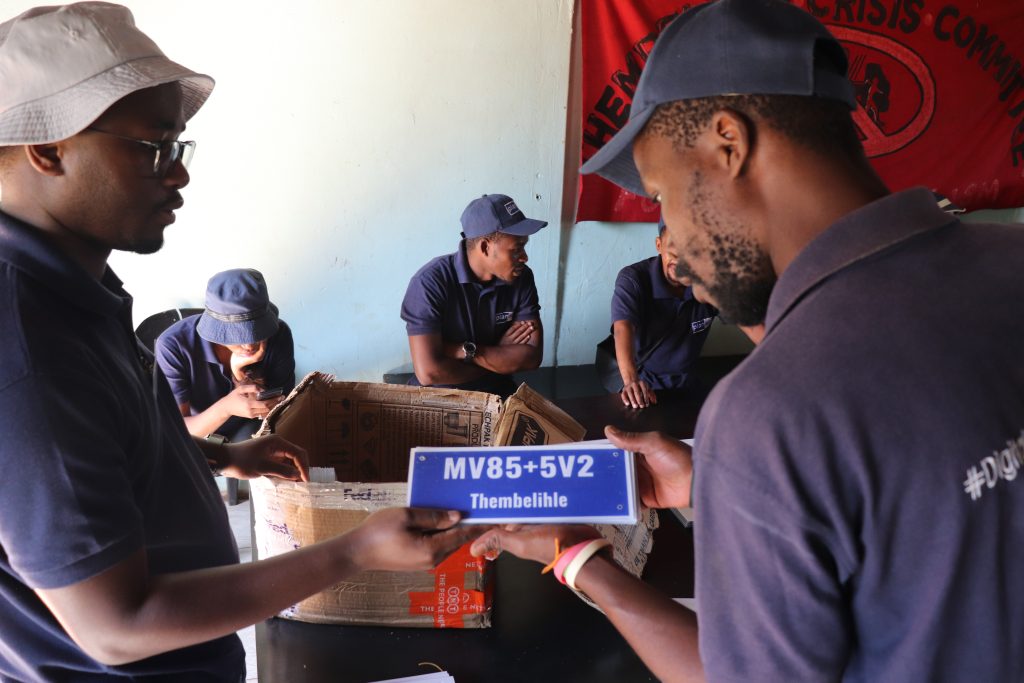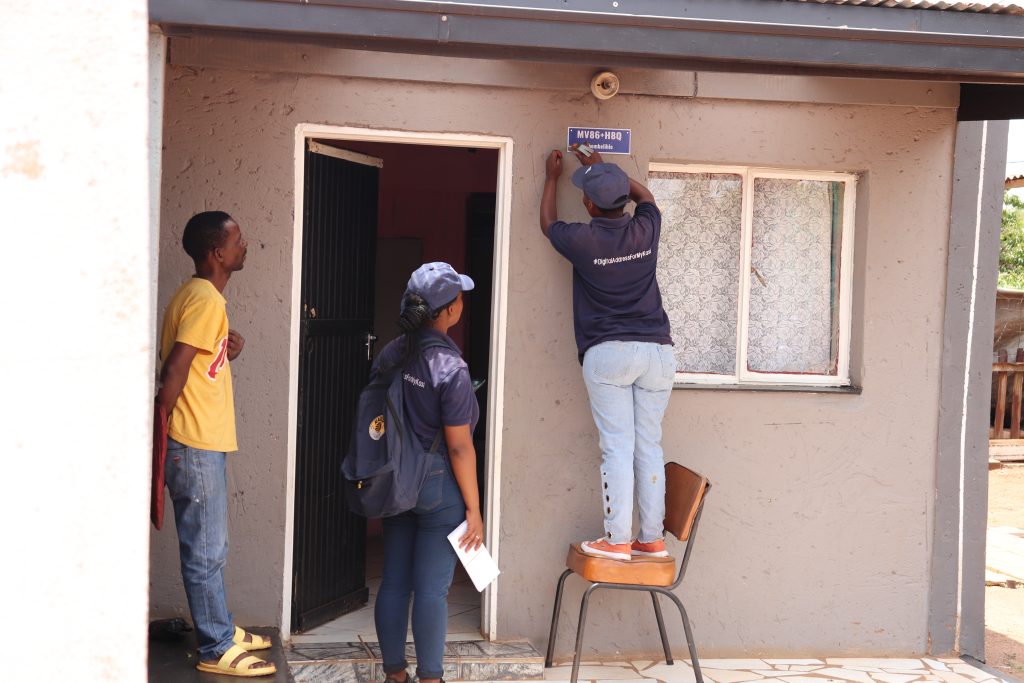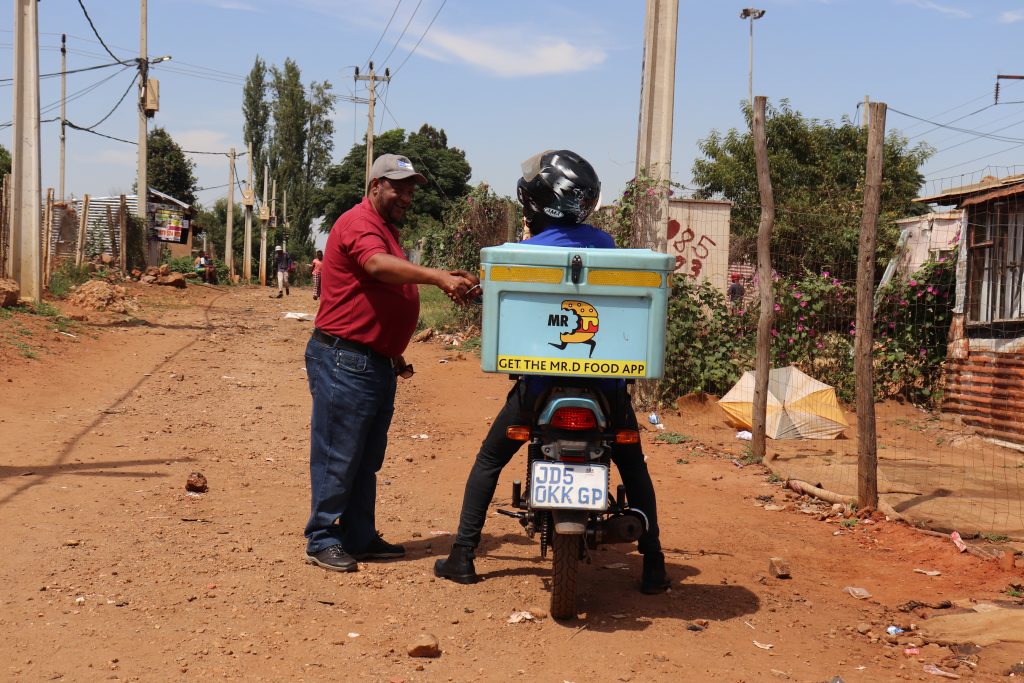Having a physical address can mean the difference between life and death for those who live in informal settlements. Digital addresses for informal settlements serve to bridge the digital divide.
Digital addressing is an innovative intervention that Planact developed in collaboration with Google Maps to solve the problem of informal settlements that are not included in the municipal development planning. The digital addressing entails providing informal settlements with a solution of a digital address referred to as ‘Plus Codes’.
PlusCodes offer a near instant address for households living in informal settlements. The addressing is done by uploading the digital address allocated to each household in the settlement onto the Google Map platform, and this is used by most delivery and global positioning systems.



For Planact, one of the key programmes is supporting responsive living environments for South Africans. This is done by supporting and training vulnerable citizens in facilitating access to land and housing with security of tenure and basic services in order for them to acquire habitable environments and sustainable neighbourhoods. The aim of the digital address project is to show evidence of innovative and successful methods of practice in supporting citizens to achieve improvements in the quality of their settlements or neighbourhoods.
The project has been piloted in Skoonplaas, City of Ekurhuleni and Thembelihle in City of Johannesburg, which are all in the Gauteng Province.
IMPORTANCE OF DIGITAL ADDRESS PROJECT TO INFORMAL SETTLEMENTS.
• Habitable and sustainable living environment – this digital address requires that a settlement be properly laid out with passable streets.
• New economic opportunities such as promotion of small businesses on digital platforms.
• Improved access to basic emergency services such as an ambulance or fire truck services.
• Access to fast food delivery services.
• Achieve human dignity and sense of identity.
• Achieve a spatially just city.
• Decrease the levels of crime.

